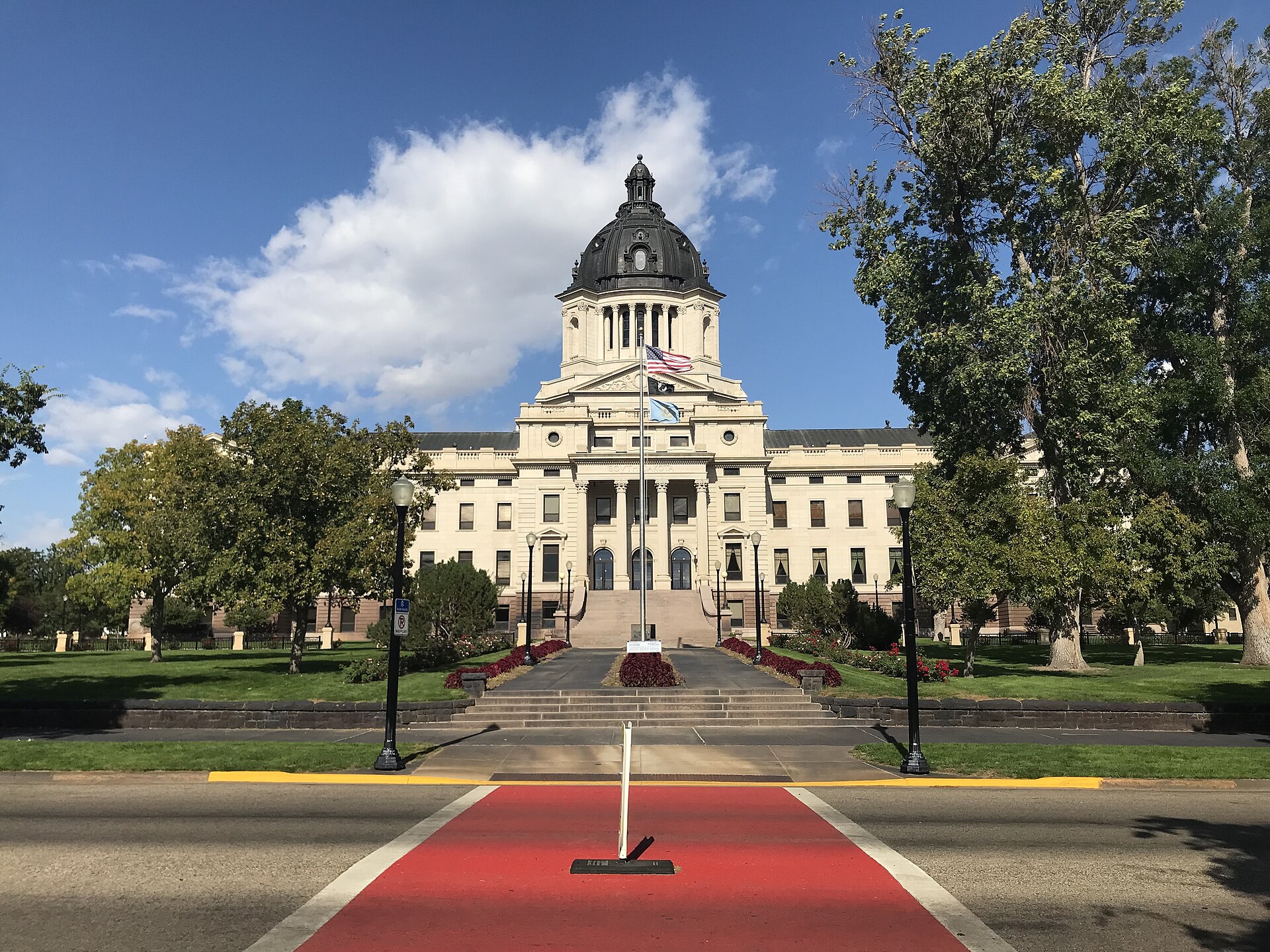
John Fry is a student at Harvard Law School.
In today’s news and commentary, CLJE releases worker-centered benefits report; Utah and South Dakota crack down on public-sector unions; and AFGE grows despite federal turmoil.
This week, the Center for Labor and a Just Economy published “Principles for Worker Centered-Benefits Programs,” a report co-authored by ten former members of the Biden Administration’s Department of Labor. The report describes the shortcomings of existing benefits systems in the U.S. in enabling economic security and mobility for workers, and outlines principles to guide the design and implementation of universal, portable benefits programs that center workers and maximize cost-effectiveness.
Utah banned public-sector collective bargaining for state employees last week, enacting a bill that I covered in late January. The bill contains no exceptions, affecting teachers, police, and firefighters alike (unlike a recent antiunion bill in Florida which contained a “public safety” exception for police and firefighters). On Monday, South Dakota’s legislature joined the trend by advancing a bill that would make violations of the state’s right-to-work law a felony offense. The law would also require union organizers to gain employers’ permission to enter any worksite, including to speak with union members at already-unionized businesses. While the Supreme Court’s Cedar Point decision may have granted employers a constitutional right not to allow union organizers on their property without compensation, critics of the South Dakota law say that its vaguely worded provisions would cause confusion.
As President Trump and his cabinet and advisors continue to lay siege to the federal workforce, the American Federation of Government Employees reported on Monday that its membership had grown to a record high. AFGE, the largest union representing federal employees, has fought in court against several of the Trump administration’s recent initiatives, including its “fork in the road” resignation offer to workers and its attempt to grant Elon Musk access to sensitive Treasury data.






Daily News & Commentary
Start your day with our roundup of the latest labor developments. See all
February 23
In today’s news and commentary, the Trump administration proposes a rule limiting employment authorization for asylum seekers and Matt Bruenig introduces a new LLM tool analyzing employer rules under Stericycle. Law360 reports that the Trump administration proposed a rule on Friday that would change the employment authorization process for asylum seekers. Under the proposed rule, […]
February 22
A petition for certiorari in Bivens v. Zep, New York nurses end their historic six-week-strike, and Professor Block argues for just cause protections in New York City.
February 20
An analysis of the Board's decisions since regaining a quorum; 5th Circuit dissent criticizes Wright Line, Thryv.
February 19
Union membership increases slightly; Washington farmworker bill fails to make it out of committee; and unions in Argentina are on strike protesting President Milei’s labor reform bill.
February 18
A ruling against forced labor in CO prisons; business coalition lacks standing to challenge captive audience ban; labor unions to participate in rent strike in MN
February 17
San Francisco teachers’ strike ends; EEOC releases new guidance on telework; NFL must litigate discrimination and retaliation claims.